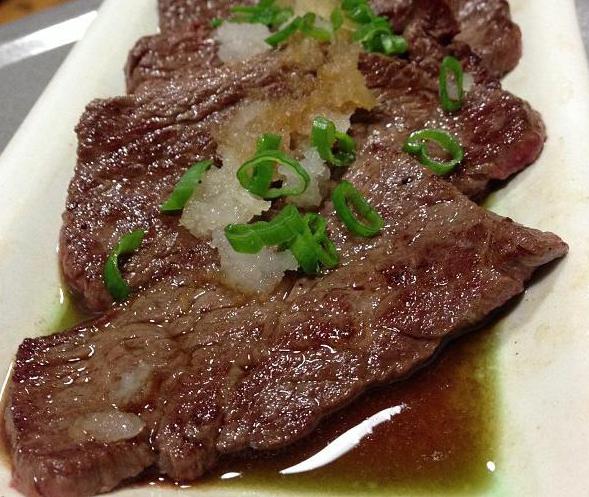At WiseGEEK, we're committed to delivering accurate, trustworthy information. Our expert-authored content is rigorously fact-checked and sourced from credible authorities. Discover how we uphold the highest standards in providing you with reliable knowledge.
How Do I Choose the Best Beef Marinade?
Plenty of cooks understand the pluses of marinating red meat. Affordable cuts of beef are on the tough side, and letting them remain in a marinade for several hours or even overnight can make them taste like more expensive cuts. Beef marinade also tenderizes tougher cuts by helping to break down their tough connective tissue. The best beef marinade depends upon the cut of meat, the time available for marinating, and the ingredients the cook has on hand.
The base in an effective beef marinade works on on the meat’s tough connective tissue. Expensive cuts such as fillet mignon can be cut with a butter knife and require no marinating. Affordable beef is not only likely to require a very sharp knife but a patient diner who doesn’t mind chewing, chewing, and chewing. To reduce a meat’s tough texture, marinades must begin with an acidic base such as vinegar, wine or alcohol, soy sauce, yogurt, or even acidic fruit juice. Many marinades marry one or more of these to create a more complex flavor.

Among the most popular beef marinades are beer-based types. Folks with an attachment to a particular type or brand of beer prefer marinades that use it as a base. Dark beer fans want a marinade that is earthy and rich; this beef marinade generally incorporates onion and garlic, tomato paste or sauce, and possibly either chili peppers or hot pepper sauce. Ale aficionados might combine lemon or lime juice, garlic, and ginger and soak the meat at least overnight.

Bourbon and red wine are also popular as marinade bases. These foundations have a myriad of variations that might include mustard, horseradish or wasabi, and dried raisins or plums. Some types of tomato such as tomato sauce, paste, ketchup, or diced tomato and a range of seasonings complete the mixture. Anything from steak sauce, hot sauce, or smoke sauce to lemon, lime, or orange juice can work. Crushed pineapple is another option.

Plenty of marinades without an alcohol base are also great options. Soy or teriyaki marinades have been popular for decades. These types of beef marinade are enhanced with rice or cider vinegar and olive oil; minced garlic, onion, and ginger up the ante. The wise cook knows that a personal signature depends upon a unique combination of seasonings. Anything from marjoram, rosemary, basil, or thyme to curry powder or paste will do the trick.
AS FEATURED ON:
AS FEATURED ON:















Discuss this Article
Post your comments